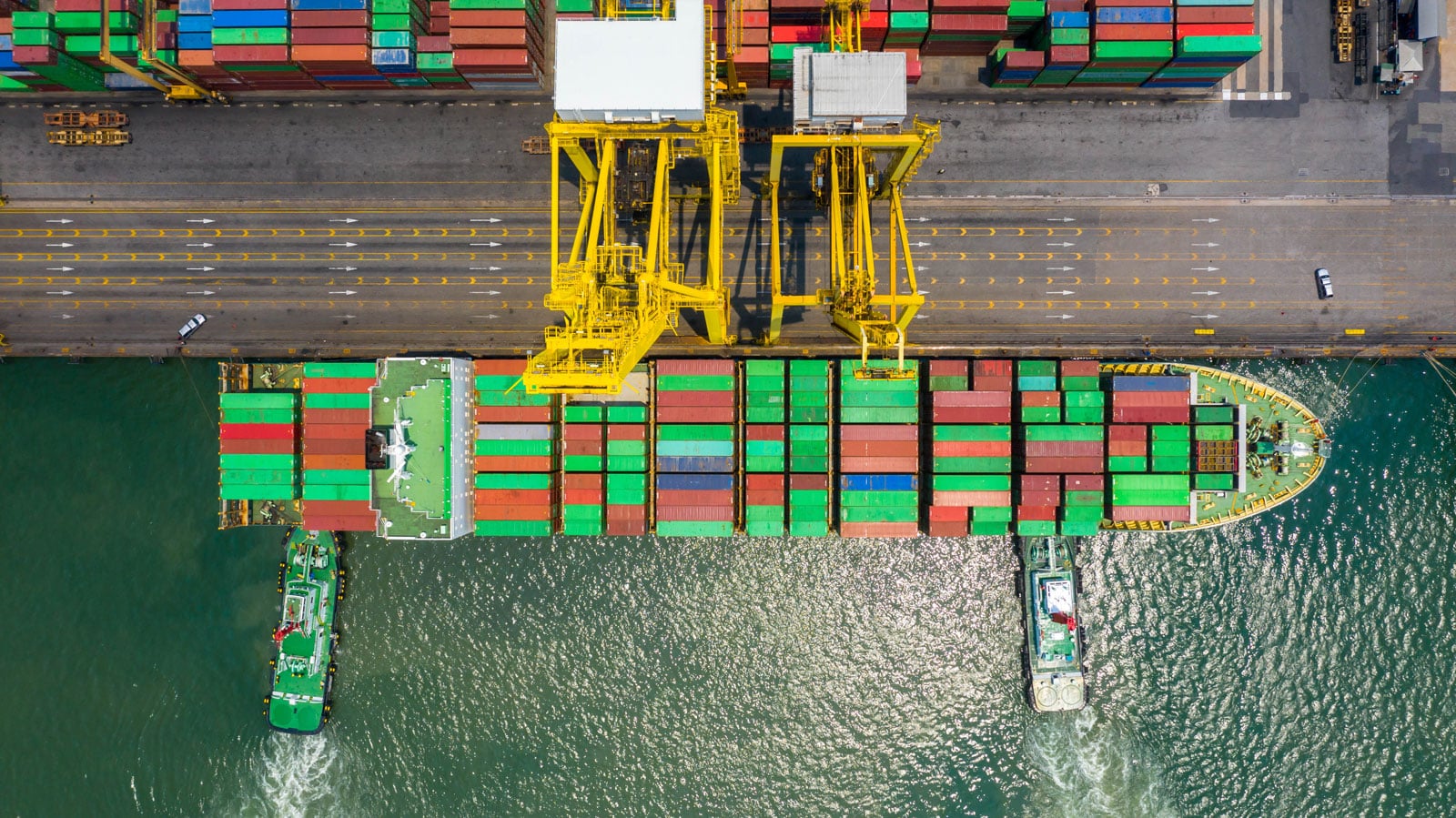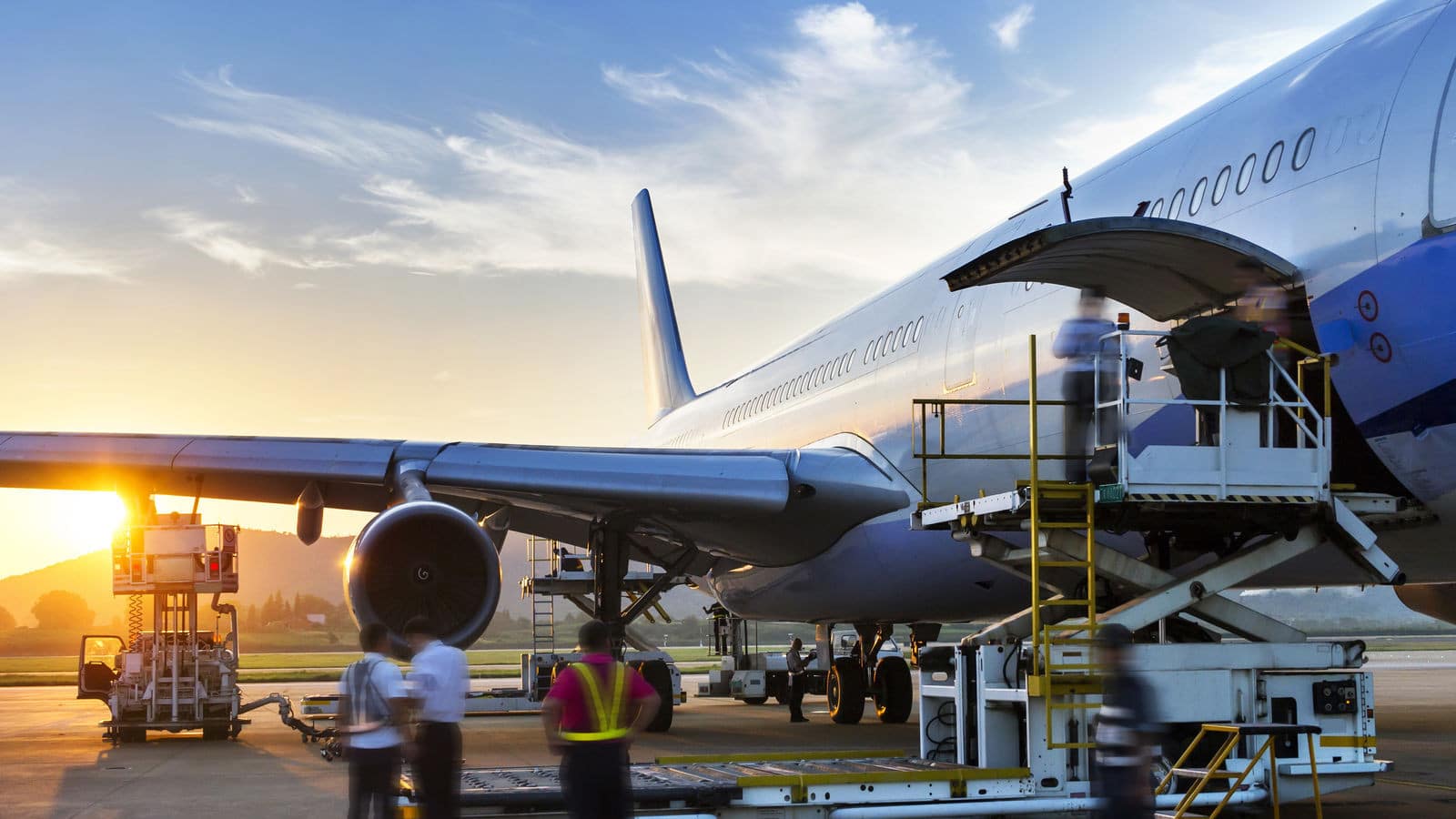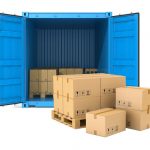Air Freight vs. Ocean Freight: Which Is Best for Your Shipping Needs?
As a logistics company, we are always looking for the best ways to transport your goods. There are two main options for shipping our client’s cargo: air freight and ocean freight. But which one is best for your needs? In this article, we will explore the differences between air freight and ocean freight and help you decide which one is the right choice for your business.
Shipping Transit Time
Air freight is the fastest mode of transportation for international shipping, with a transit time of 1-5 days. On the other hand, ocean freight takes longer, with a transit time of 20-60 days depending on the destination. If you need your cargo to arrive quickly, air freight is the way to go. However, if you can afford to wait a bit longer, ocean freight is the more cost-effective option.
Price Difference
The cost of shipping is a critical factor to consider when deciding between air and ocean freight. Air freight is more expensive than ocean freight, with rates that can be up to 5 times higher. However, air freight can save you money in the long run by reducing inventory carrying costs and improving cash flow. Ocean freight may be cheaper, but it requires more planning and may result in longer transit times.
Restrictions for Hazardous Goods
When it comes to shipping hazardous goods, air freight has stricter regulations than ocean freight. Most airlines have a list of prohibited items that cannot be transported on their planes, such as flammable liquids and radioactive materials. In contrast, ocean freight has fewer restrictions and can transport a wider range of hazardous goods. If you need to ship hazardous materials, you may need to choose ocean freight to avoid delays and additional costs.
Reliability
When it comes to reliability, air freight is generally considered more reliable than ocean freight. Airplanes are less affected by weather conditions and can maintain a more predictable schedule. In contrast, ocean freight can be impacted by weather, port congestion, and other factors that may result in delays. If you need your goods to arrive on time, air freight is the safer bet.
Load Capacity
Finally, it’s essential to consider load capacity when choosing between air and ocean freight. Airplanes have smaller cargo holds than cargo ships and can transport a limited amount of goods. In contrast, cargo ships have much larger cargo holds and can carry more significant loads. If you need to transport a large amount of goods, ocean freight is the better option.
Carbon Footprint
One of the most significant differences between air and ocean freight is their impact on the environment. Air freight has a higher carbon footprint compared to ocean freight. Airplanes emit more CO2 per tonne-kilometer than cargo ships, making ocean freight the greener choice. If your business values sustainability, then ocean freight may be the better option for you.
Both air and ocean freight have their advantages and disadvantages. When choosing between the two, you need to consider factors such as transit time, cost, reliability, load capacity, and environmental impact. By doing so, you can make an informed decision that meets your business needs.
Pros and Cons of Air Freight and Ocean Freight
Pros and Cons of Air Freight
Pros:
- Fast transit time: Air freight is the quickest mode of transportation, with transit times typically ranging from 1-5 days.
- High level of security: Airports have strict security measures in place, which means that air freight is one of the most secure ways to transport goods.
- Global reach: With airlines flying to destinations all over the world, air freight provides a global reach that is hard to match by other modes of transportation.
- High-value goods: Air freight is ideal for high-value and time-sensitive goods, such as perishable goods, pharmaceuticals, and electronics.
Cons:
- High cost: Air freight is generally more expensive than other modes of transportation, which can make it less attractive for businesses with tight budgets.
- Limited capacity: Airplanes have limited cargo space, which means that air freight is not suitable for bulky or oversized goods.
Pros and Cons of Ocean Freight
Pros:
- Cost-effective: Ocean freight is generally cheaper than air freight, which makes it an attractive option for businesses with large volumes of goods to transport.
- Large capacity: Cargo ships have a much larger cargo capacity than airplanes, which makes ocean freight the ideal choice for bulky or oversized goods.
- Flexibility: Ocean freight provides a high level of flexibility, with a wide range of shipping options available, including Full Container Load (FCL) and Less than Container Load (LCL).
Cons:
- Slow transit time: Ocean freight is slower than air freight, with transit times typically ranging from 20-60 days depending on the destination.
Overall, choosing between air freight and ocean freight depends on your specific needs and priorities. By weighing the pros and cons of each option, you can make an informed decision that meets your business requirements.







